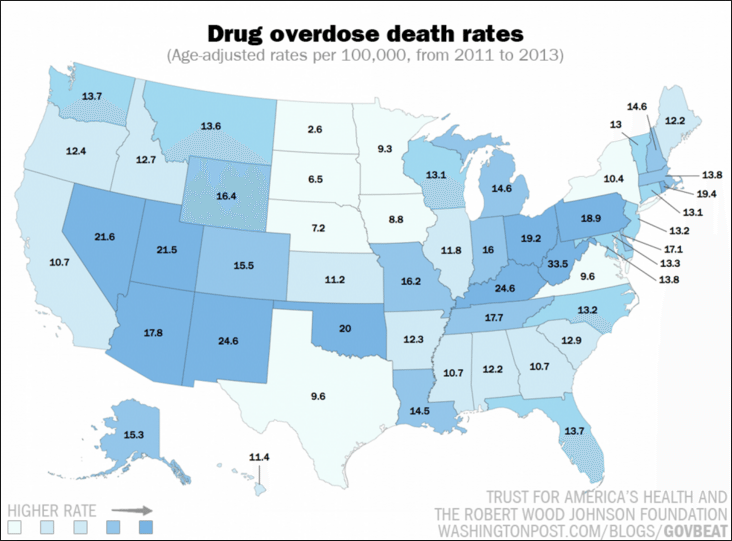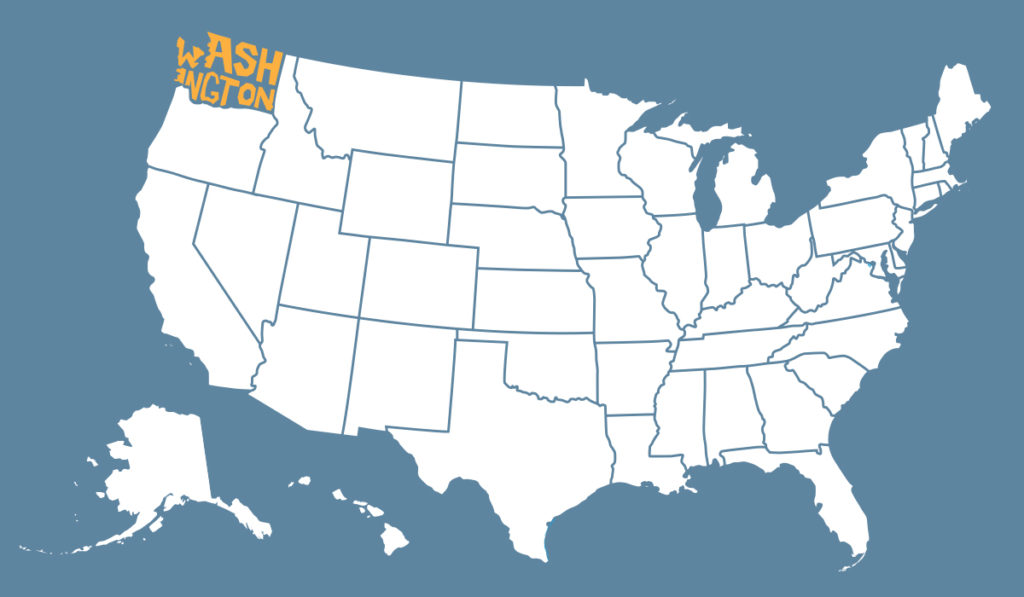“Ricky’s Law” in Washington State Would Allow Involuntary Committal for Suicidal Addicts

 The new bill would provide $500,000 immediately for training. If the Governor signs it, they expect the first facility designated for substance use involuntary committal as early as 2018, and the state would have until 2026 to fully implement it. Another law that has made it’s way through the state is one that prevents sponsors from being called to testify in civil proceedings. Washington is the first state to protect the privacy and relationship between someone in recovery and their sponsor. The state voted this week to override Governor Inslee’s veto of the bill. Governor Inslee has vetoed 27 bills this session since legislators failed to pass the budget during their session. This bill, Senate bill 6498, received unanimous support and 94 positive votes in the House. It would create a privilege to protect sponsors from having to testify in criminal proceedings, but does not apply in criminal cases. State law currently allows spouses, medical professionals and sponsors to testify in any proceeding. Advocates say trust is critical in the relationship between someone in recovery and their most trusted advisor. Washington also received a $2.8 million grant to address prescription opioid and heroin use in the state. Secretary Burwell says the grants will help fund 124,000 new patients access to treatment. An estimated 4.5 million people in the United States use prescription painkillers, and another estimated 289,000 are believed to be current heroin users.
The new bill would provide $500,000 immediately for training. If the Governor signs it, they expect the first facility designated for substance use involuntary committal as early as 2018, and the state would have until 2026 to fully implement it. Another law that has made it’s way through the state is one that prevents sponsors from being called to testify in civil proceedings. Washington is the first state to protect the privacy and relationship between someone in recovery and their sponsor. The state voted this week to override Governor Inslee’s veto of the bill. Governor Inslee has vetoed 27 bills this session since legislators failed to pass the budget during their session. This bill, Senate bill 6498, received unanimous support and 94 positive votes in the House. It would create a privilege to protect sponsors from having to testify in criminal proceedings, but does not apply in criminal cases. State law currently allows spouses, medical professionals and sponsors to testify in any proceeding. Advocates say trust is critical in the relationship between someone in recovery and their most trusted advisor. Washington also received a $2.8 million grant to address prescription opioid and heroin use in the state. Secretary Burwell says the grants will help fund 124,000 new patients access to treatment. An estimated 4.5 million people in the United States use prescription painkillers, and another estimated 289,000 are believed to be current heroin users.  In Washington, while deaths from prescription painkillers have made a significant drop, opioid overdoses have increased drastically, mostly because of heroin. Prescription narcotics, which killed 512 people in the state in 2008, only killed 319 in 2014. But heroin, which only killed around 147 in 2008, killed 293 in 2014, doubling its death toll. Overall, opiate overdose kills about 600 a year in Washington. Experts say the decline in prescription narcotic deaths are due mostly to the new prescription guidelines, but advocates also fear this is what is leading those addicts to seek out heroin. State health professionals are collaborating on measures to combat the state’s opioid epidemic, and are expected to have a plan in the coming months. Six million in funding to treat the epidemic has been set aside by the state to fight the problem, and $3 million has been given by the federal government. Tax revenue from legal marijuana sales will go toward supporting treatment and prevention. The deaths from prescription drugs are highest in 45-54 year olds, and heroin death rates are higher in 25-34 year olds. The largest increase in heroin overdose deaths was among 15-34 year olds.
In Washington, while deaths from prescription painkillers have made a significant drop, opioid overdoses have increased drastically, mostly because of heroin. Prescription narcotics, which killed 512 people in the state in 2008, only killed 319 in 2014. But heroin, which only killed around 147 in 2008, killed 293 in 2014, doubling its death toll. Overall, opiate overdose kills about 600 a year in Washington. Experts say the decline in prescription narcotic deaths are due mostly to the new prescription guidelines, but advocates also fear this is what is leading those addicts to seek out heroin. State health professionals are collaborating on measures to combat the state’s opioid epidemic, and are expected to have a plan in the coming months. Six million in funding to treat the epidemic has been set aside by the state to fight the problem, and $3 million has been given by the federal government. Tax revenue from legal marijuana sales will go toward supporting treatment and prevention. The deaths from prescription drugs are highest in 45-54 year olds, and heroin death rates are higher in 25-34 year olds. The largest increase in heroin overdose deaths was among 15-34 year olds.


